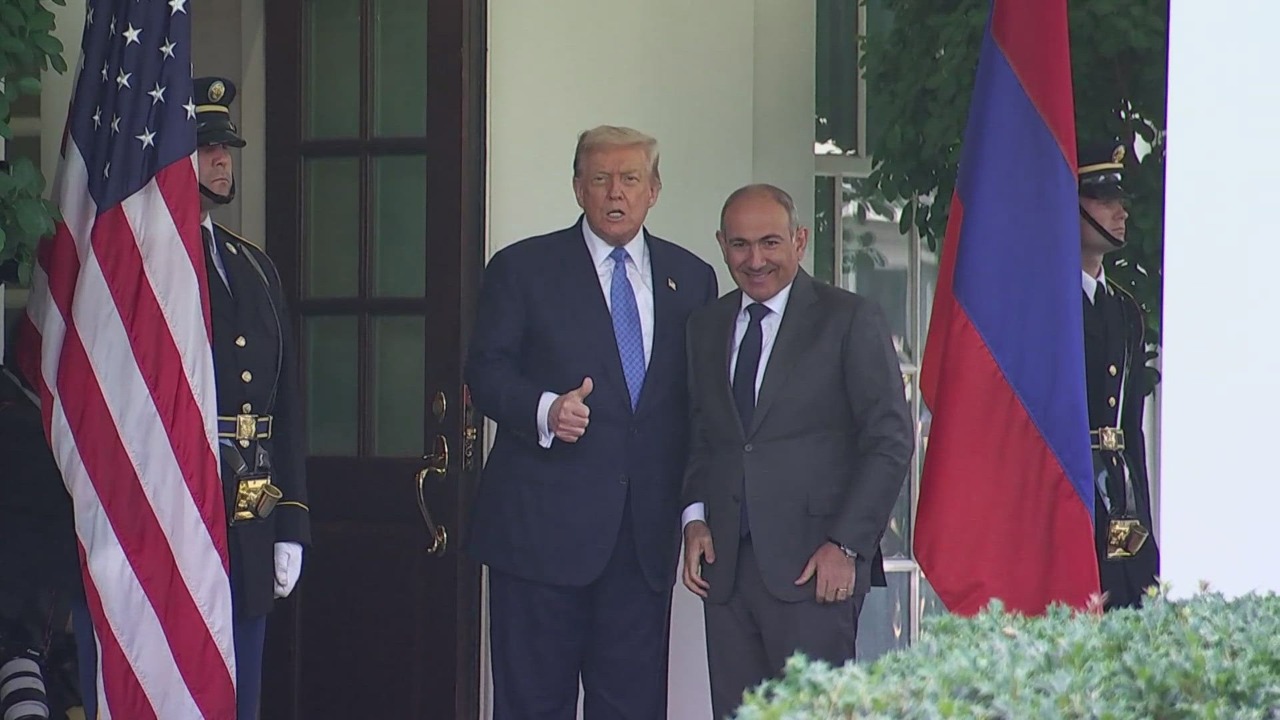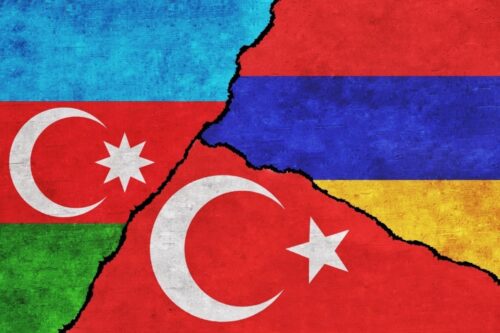
Respect for sovereignty was the secret ingredient of Trump’s diplomacy, writes The National Interest
The recently concluded Armenia-Azerbaijan peace agreement hints at the defining features of the emerging world order, The National Interest writes.
As noted, Trump succeeded where all previous U.S. administrations and other external actors had failed over the past three decades—including Russia, several EU member states, and, more recently, the EU itself.
“He and Steve Witkoff’s team crafted the agreement by effectively combining conflict resolution, peacebuilding, transport and energy connectivity, trade opportunities, and respect for everyone’s sovereignty. The latter was the secret ingredient added by Trump’s diplomacy—the missing piece in all previous foreign attempts to establish peace between Armenia and Azerbaijan,” the publication states.
One of the underrated aspects of the White House Peace Summit, according to the article, is that Trump demonstrated he could respect small nations that take their sovereignty as seriously as he takes America’s. The report, citing U.S. officials, says the Trump Route for International Peace and Prosperity (TRIPP) is not a military or defense initiative—meaning the United States is not providing hard security guarantees or deploying forces along the route.
In other words, there will be no U.S. (or NATO) bases or garrisons in Armenia—or, even less likely, in Azerbaijan. Instead, Washington’s involvement will be purely commercial, with the U.S. taking responsibility for ensuring the TRIPP’s “safe operation for all parties” through agreements with “top-tier operators.”
A source involved in organizing the White House summit told the news website: “Our role is to hold the umbrella when needed—but we’re not trying to change the weather.”
After initial rhetorical objections, neighboring Iran and Russia also appear to have come to terms with the new realities on the ground. This is partly because Armenia was able to provide its allies with credible assurances that the TRIPP will operate under Armenian law. Azerbaijan has also allayed Iran’s concerns and, more recently, restored its relations with Russia.
Azerbaijan’s geoeconomic position also plays a role: it not only lies at both ends of the TRIPP but is also the point where the Middle Corridor seamlessly merges with China’s Belt and Road Initiative.


